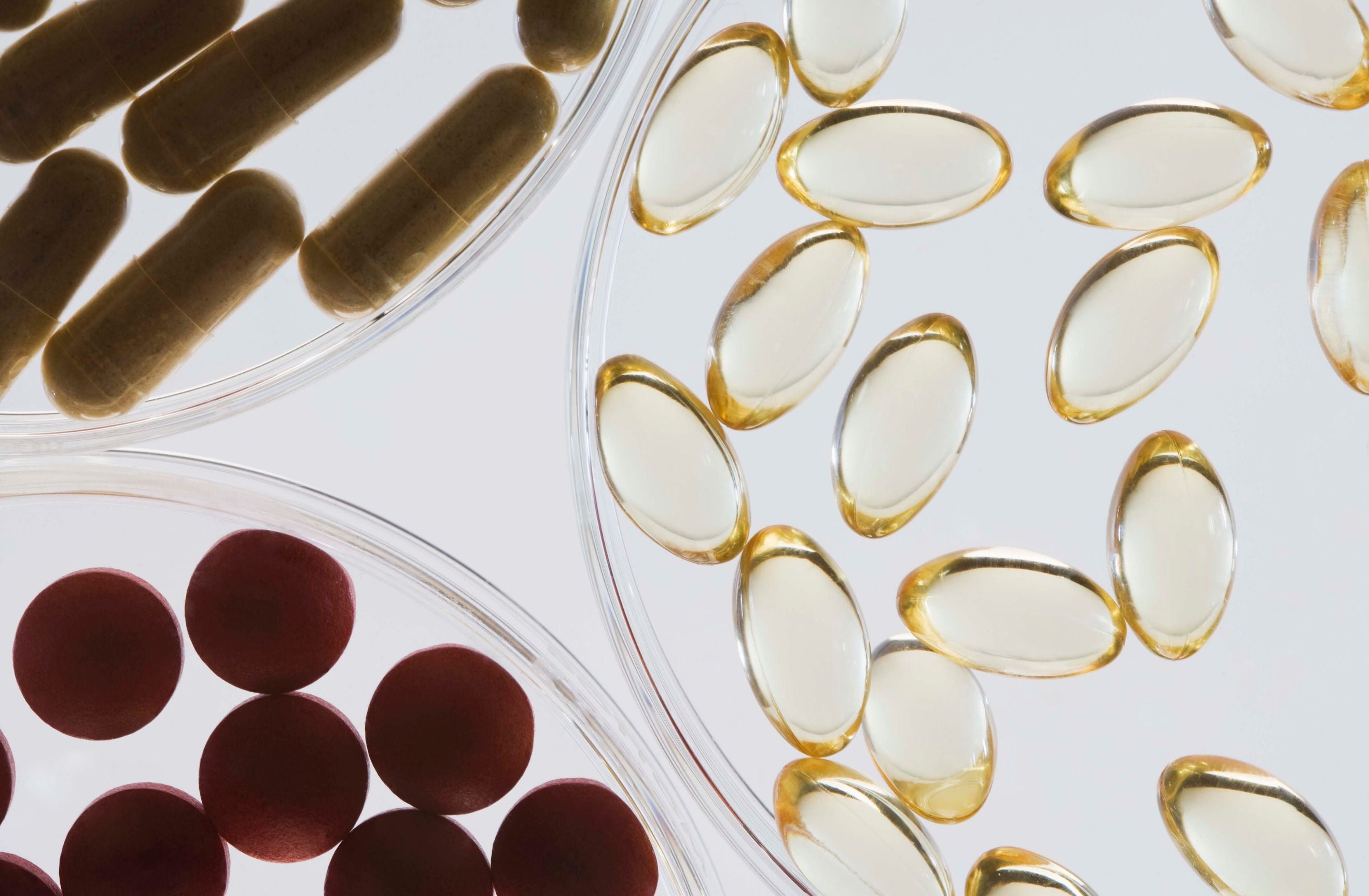
RESEARCHING NMN AND NR: THE QUEST TO BOOST NAD FOR BETTER AGEING
Nicotinamide adenine dinucleotide (NAD) is a vital molecule found in every cell of the body. It exists in two forms: NAD+ (oxidised) and NADH (reduced), both playing key roles in energy production. NAD+ is particularly critical because it supports enzymes involved in metabolic processes and mitochondrial function—the ‘powerhouses’ of our cells [1].
As we age, NAD+ levels naturally decline, which can impair mitochondrial activity and contribute to issues like cognitive decline and weakened immunity. Research suggests that boosting NAD levels through supplements may help slow these effects, offering potential anti-ageing benefits restoring NAD+ levels [4].
This article explores the latest research on NAD-boosting supplementation, including its safety, effectiveness, and key precursors like nicotinamide riboside (NR) and nicotinamide mononucleotide (NMN), which aim to restore NAD+ levels.

FATIGUE AND SLEEP QUALITY
Fatigue, defined as a persistent lack of energy, is often linked to mitochondrial dysfunction and oxidative stress. Research suggests that NAD-boosting supplementation—including precursors like NMN and NR—may help by improving energy production and cellular repair.
Preliminary studies and anecdotal reports indicate that individuals with conditions such as chronic fatigue syndrome or fibromyalgia experienced moderate improvements in energy levels and quality of life after NAD precursor supplementation. Additionally, some evidence suggests better sleep quality, likely due to enhanced recovery and overall vitality. However, further large-scale clinical trials are needed to confirm these findings [1].
BRAIN FUNCTION
NAD precursors like nicotinamide riboside (NR) and nicotinamide mononucleotide (NMN) may support brain health by enhancing mitochondrial function and aiding nerve cell repair. Early studies indicate potential benefits for memory, learning, and mental clarity, particularly in Alzheimer's disease and age-related cognitive decline. While promising, further research is needed to confirm these long-term effects [1].
METABOLIC HEALTH: INSULIN SENSITIVITY
NAD precursors such as nicotinamide riboside (NR) and nicotinamide mononucleotide (NMN) have shown potential in improving metabolic health. Studies, particularly with NMN supplementation, have observed enhanced insulin sensitivity, allowing the body to regulate blood sugar levels more effectively.
These findings are especially relevant for individuals with prediabetes or age-related metabolic decline, highlighting the potential for NAD boosters to support metabolic balance and reduce the risk of type 2 diabetes. While promising, further large-scale studies are needed to confirm these benefits in broader populations.

SKIN HEALTH
While research on NAD and its precursors initially focused on age-related changes, its role in skin ageing is still being explored. Recent studies show that boosting NAD+ levels in skin cells can help counteract both UV-induced damage and natural ageing.
In particular, research on human fibroblasts—the cells responsible for collagen production and skin structure—demonstrated that NAD+ supplementation improved cell function and extended cell lifespan by enhancing mitochondrial activity and promoting autophagy, the body’s process of clearing damaged cells [4].
While these findings are promising, further studies are needed to confirm NAD+’s effectiveness in treating human skin ageing.
CHRONIC DISEASES
Animal studies suggest that restoring NAD+ levels may improve outcomes in chronic conditions such as cardiovascular disease, fatty liver disease, and certain autoimmune disorders. These benefits are linked to improved cellular repair, reduced inflammation, and enhanced metabolic function [1].
However, while promising, further research is needed to confirm these effects in human clinical trials.
WHICH SUPPLEMENT FORM SEEMS TO BE MOST EFFECTIVE? WHAT DOES THE SCIENTIFIC COMMUNITY SAY?
Some research suggests that nicotinamide mononucleotide (NMN) is the most effective and better-utilised NAD precursor in humans, showing superior absorption and efficiency in boosting NAD+ levels [5,6]. Within the scientific community, leading longevity researchers like Dr David Sinclair support this view. Sinclair, whose work has been instrumental in highlighting NMN’s role, personally takes it for its potential in anti-ageing, and mitochondrial function [2].
Although Sinclair and other respected researchers, such as Dr Peter Attia and Andrew Huberman, recognise the potential of NAD precursors such as NMN in potentially promoting longevity or reducing certain conditions linked with ageing, they also stress the need for further research to confirm long-term safety, efficacy, and optimal dosages [3].

POTENTIAL ADVERSE EFFECTS ACCORDING TO STUDIES
NAD-boosting supplementation—including its precursors NR and NMN—is generally considered safe when taken at recommended doses. However, some mild side effects have been reported. Digestive issues, such as nausea and discomfort, have been noted at doses ranging from 100 mg to 1,000 mg per day with nicotinamide riboside (NR). Additionally, muscle pain has been reported at doses as low as 10 mg/day of NADH, though there is conflicting evidence. Some studies that used doses up to 1,000 mg/day of NR showed almost no reports of muscle pain, while others noted occasional discomfort.
Although these side effects tend to be mild and temporary, long-term safety is still being studied. It's always a good idea to consult a healthcare professional before starting supplementation, especially if you have existing medical conditions or are taking any medications [1].
BOTTOM LINE
NAD+ supplements are relatively new, but the evidence is most promising for metabolic health and cognitive function. Research shows potential benefits in improving insulin sensitivity and brain function, including memory and learning. While there are encouraging signs for fatigue, sleep quality, and skin health, more long-term studies are needed. Among NAD precursors, NMN has shown the most promise, though once more, further research is required to confirm its long-term safety and efficacy. As always, consult with a healthcare professional before starting supplementation.
SUMMARY
Understanding NAD+ and Its Role in Health
- NAD+ is crucial for energy production, DNA repair, and regulating inflammation.
- Levels naturally decline with age, contributing to health issues like cognitive decline and metabolic disorders.
Potential Benefits of Supplementation
- Early evidence supports the use of NAD precursors like NR and NMN to improve mitochondrial function, reduce inflammation, and enhance overall health, with some studies suggesting that NMN may produce more favourable results compared to other precursors.
- Promising results have been seen in cognitive function, metabolic health, chronic diseases, and skin health, though more human studies are needed.
Considerations
- Generally safe but may cause mild side effects.
- Long-term safety and optimal dosages are still under investigation.
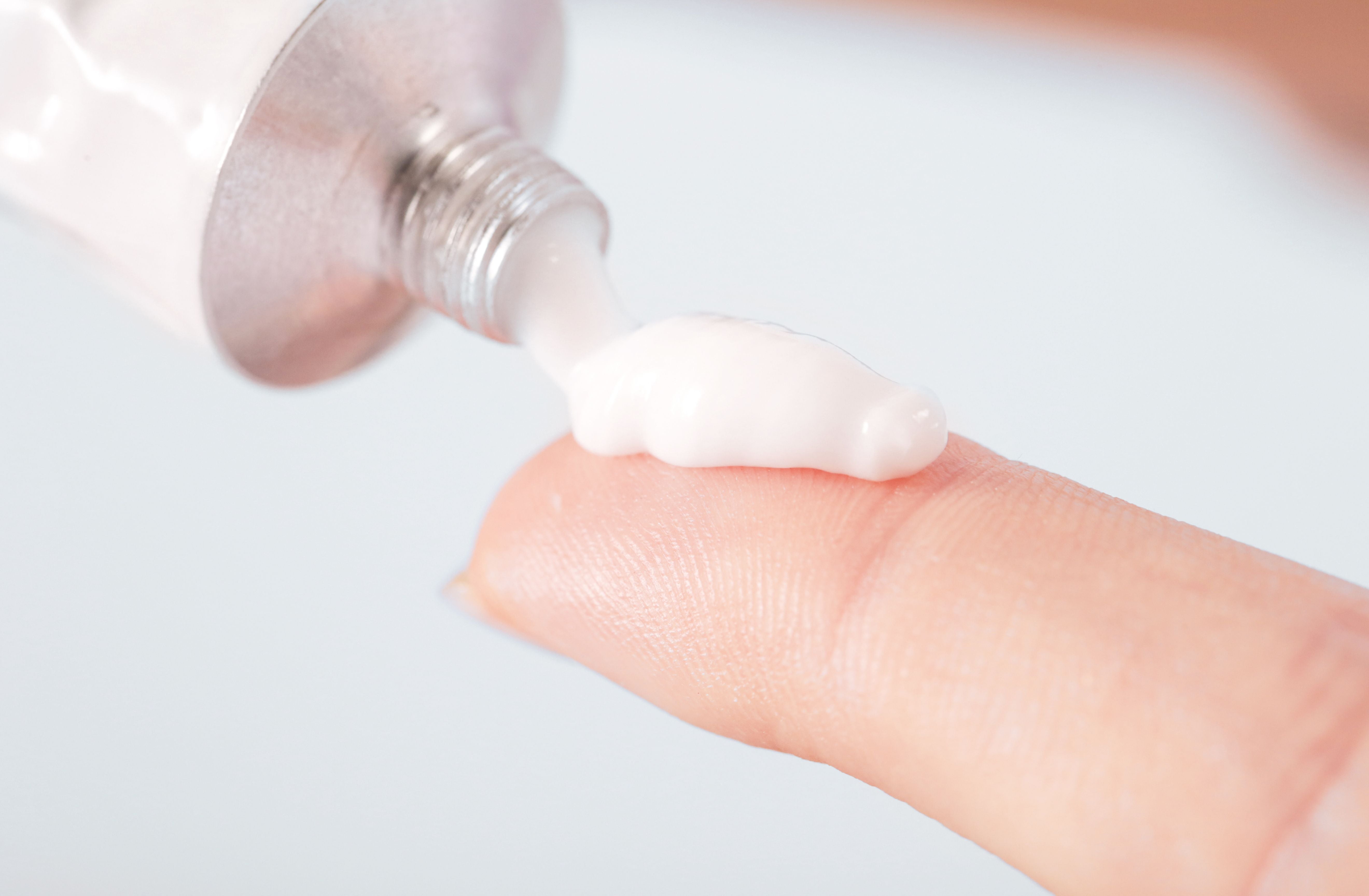
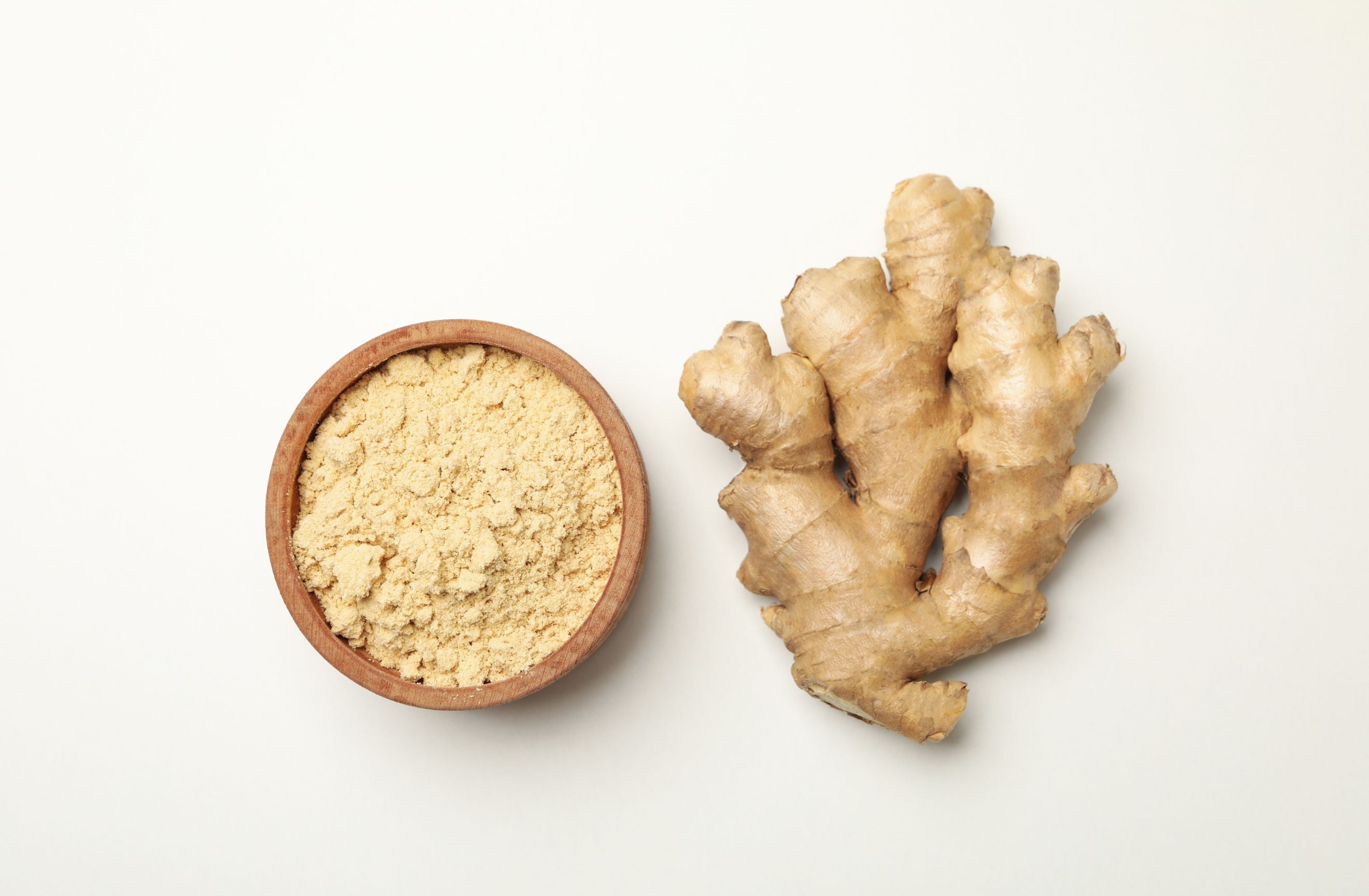
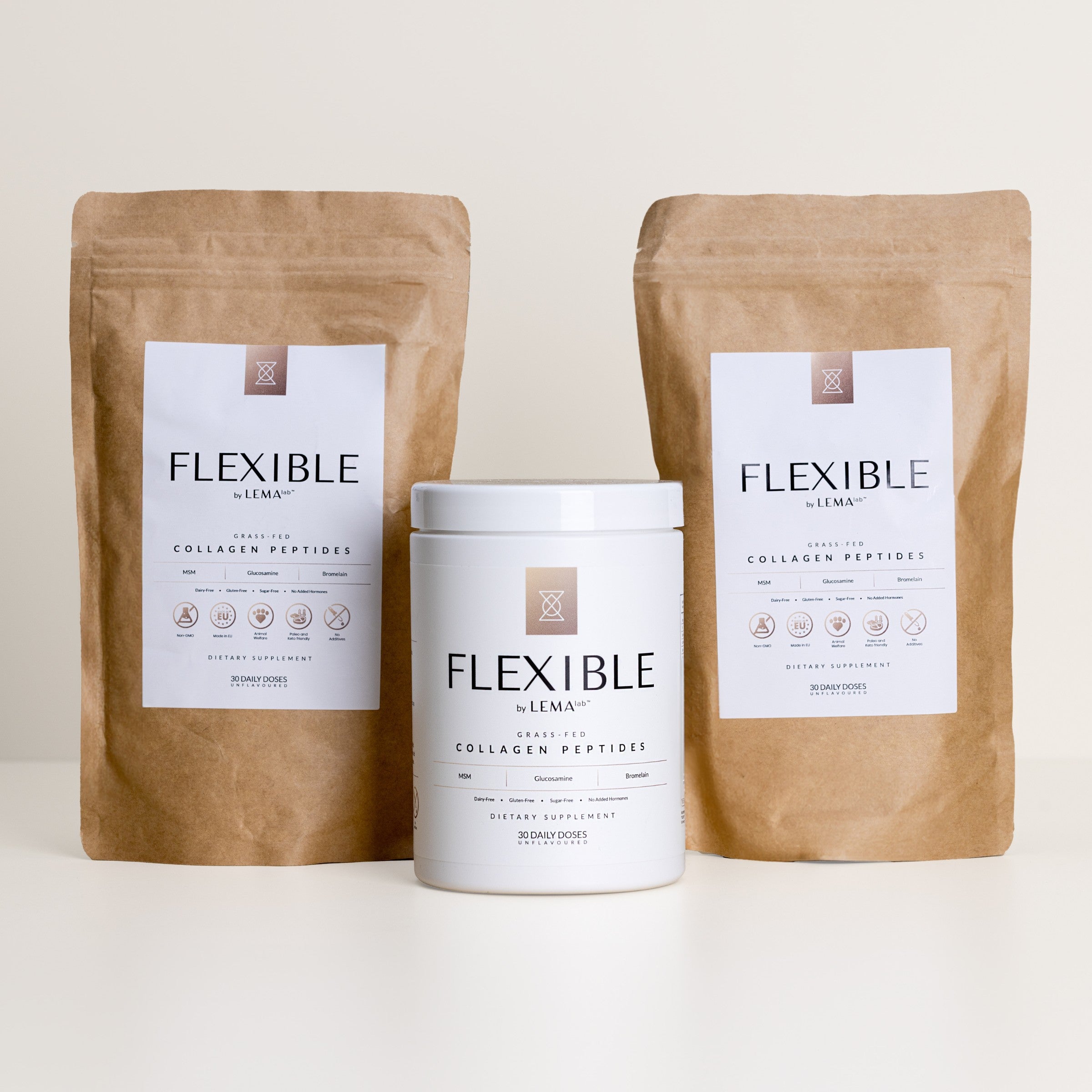
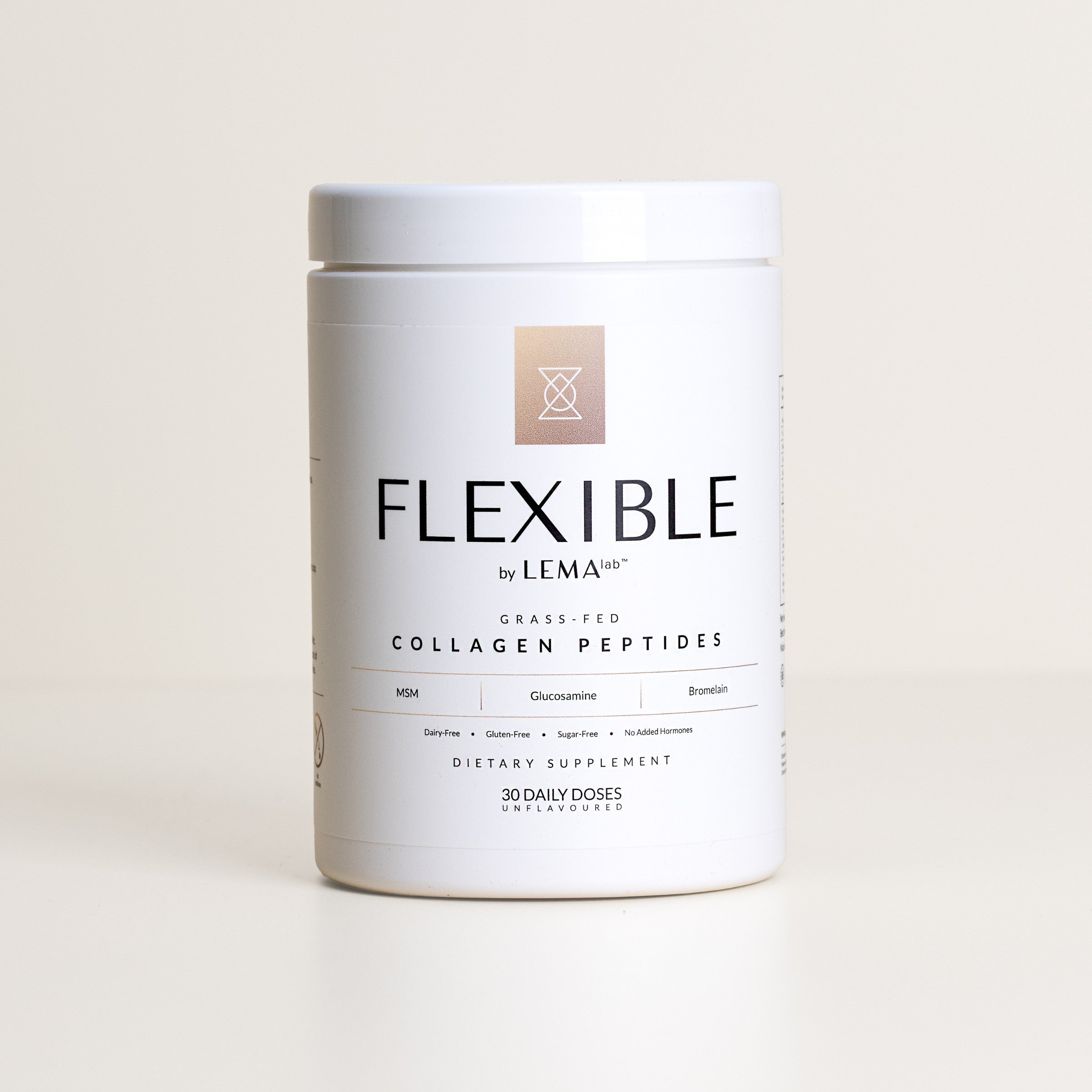
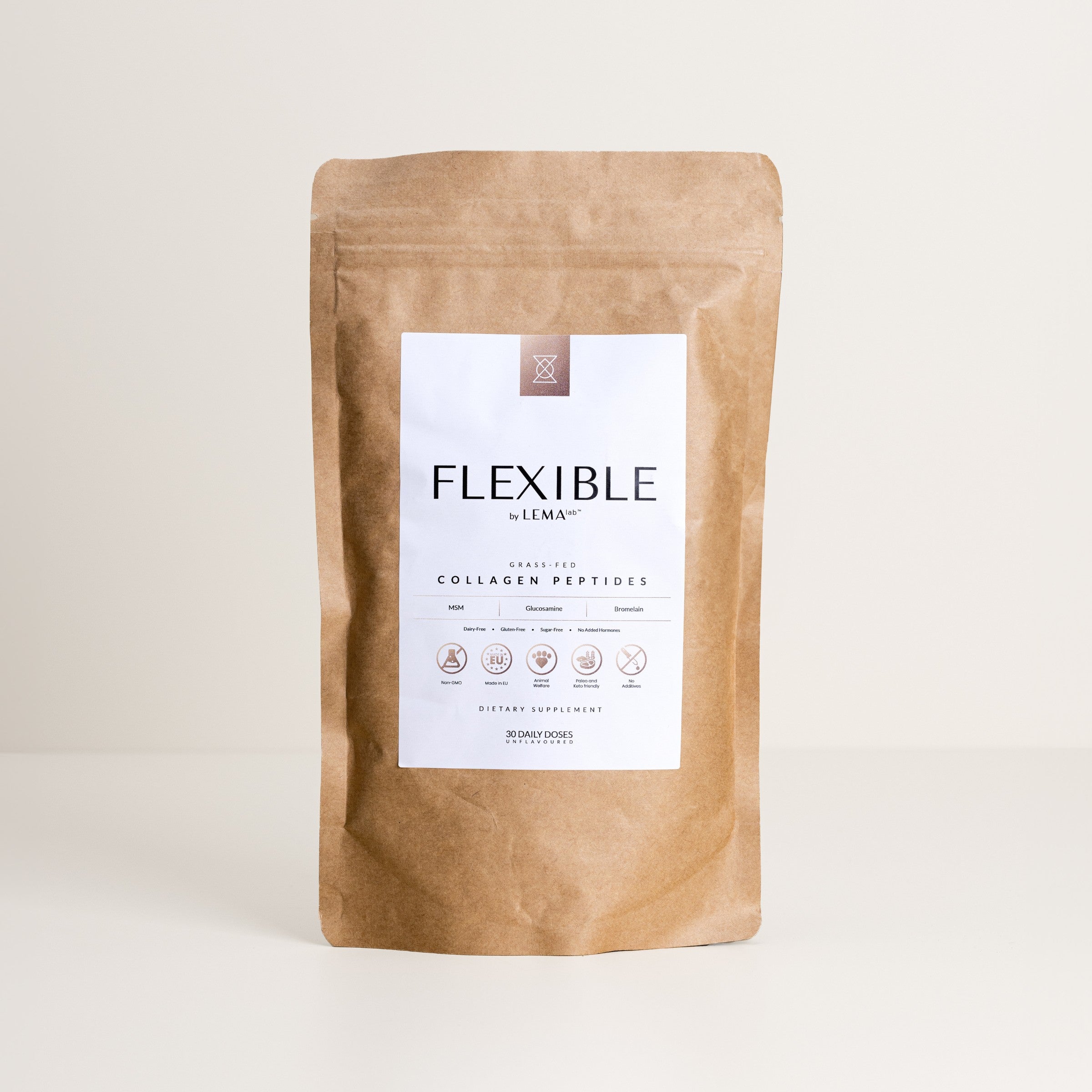
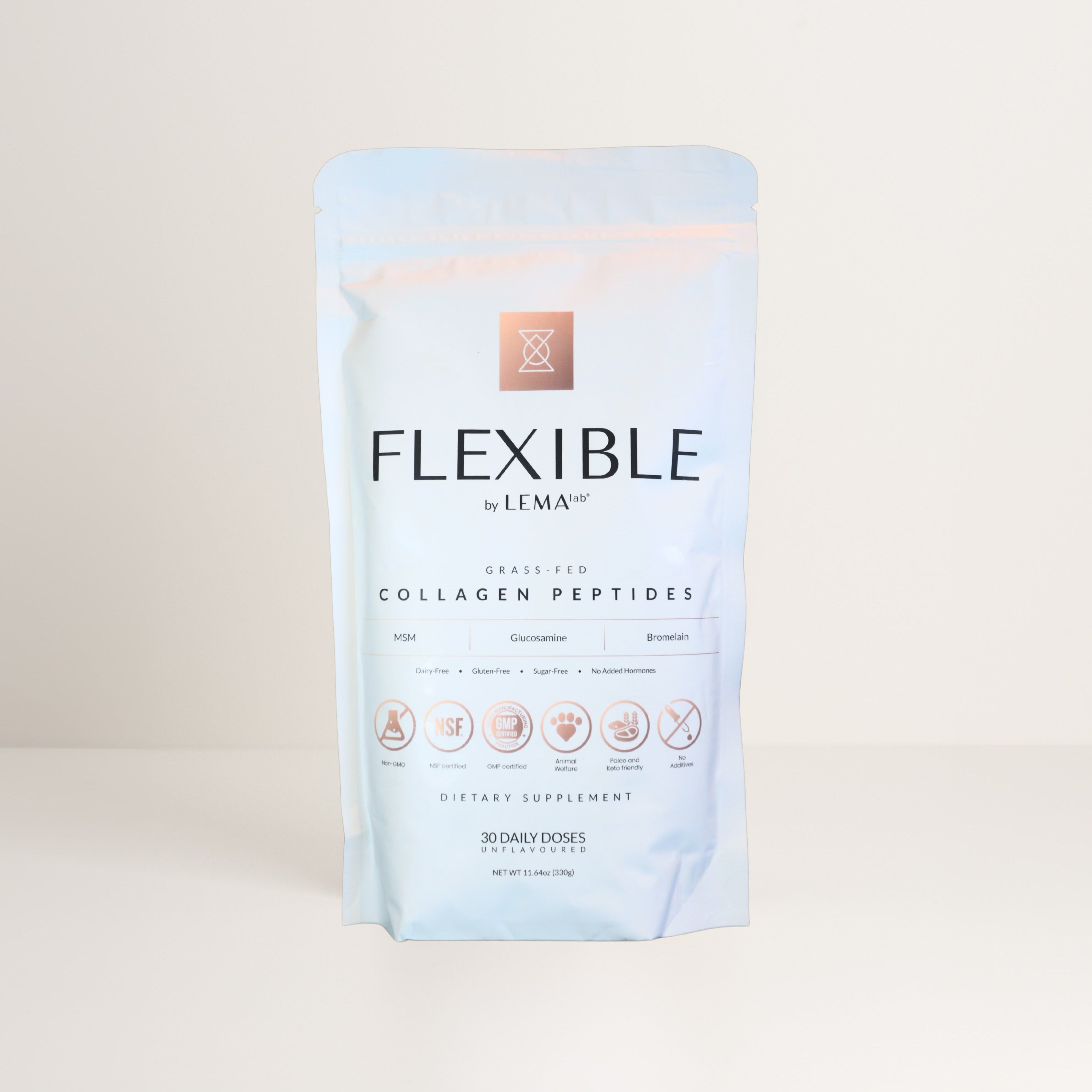
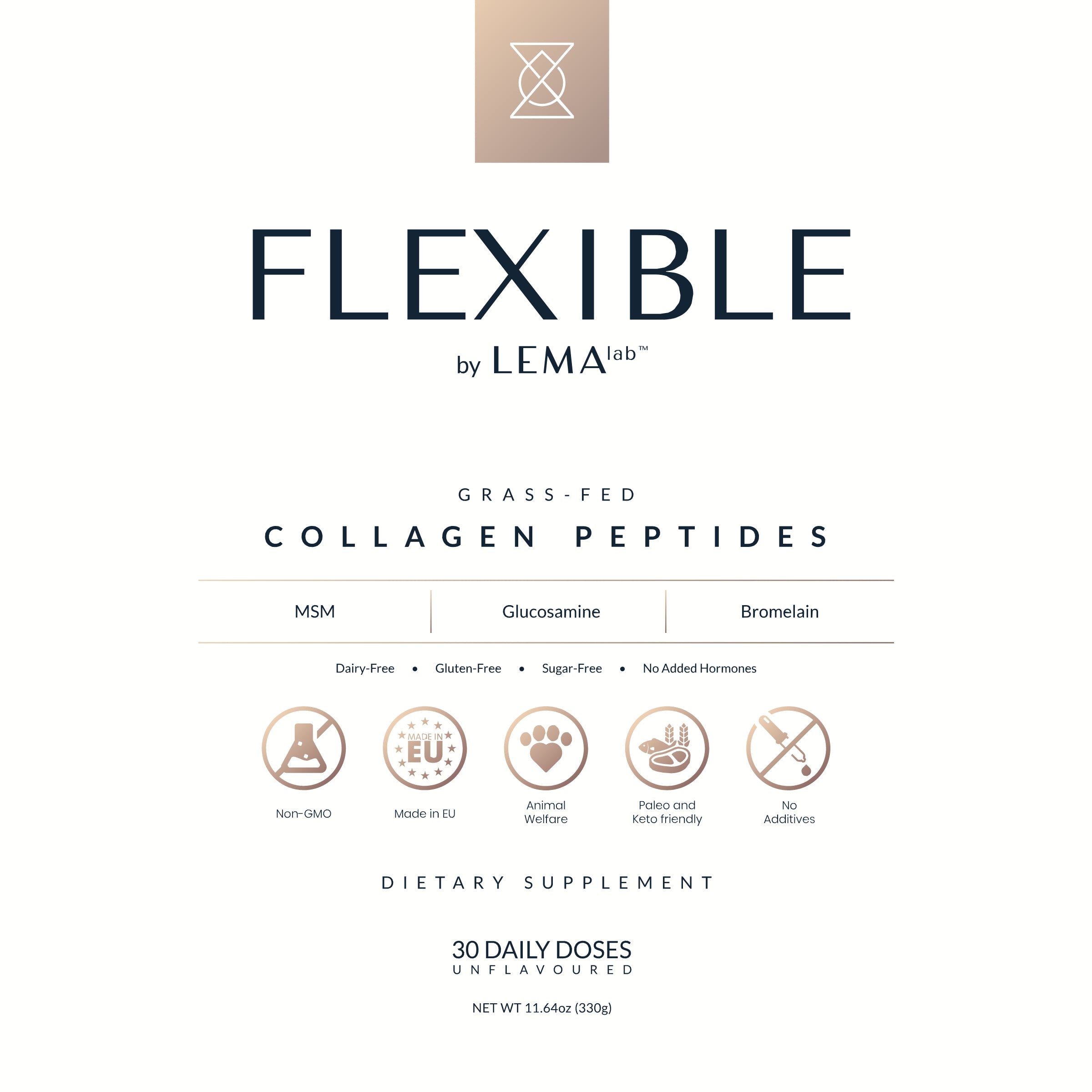
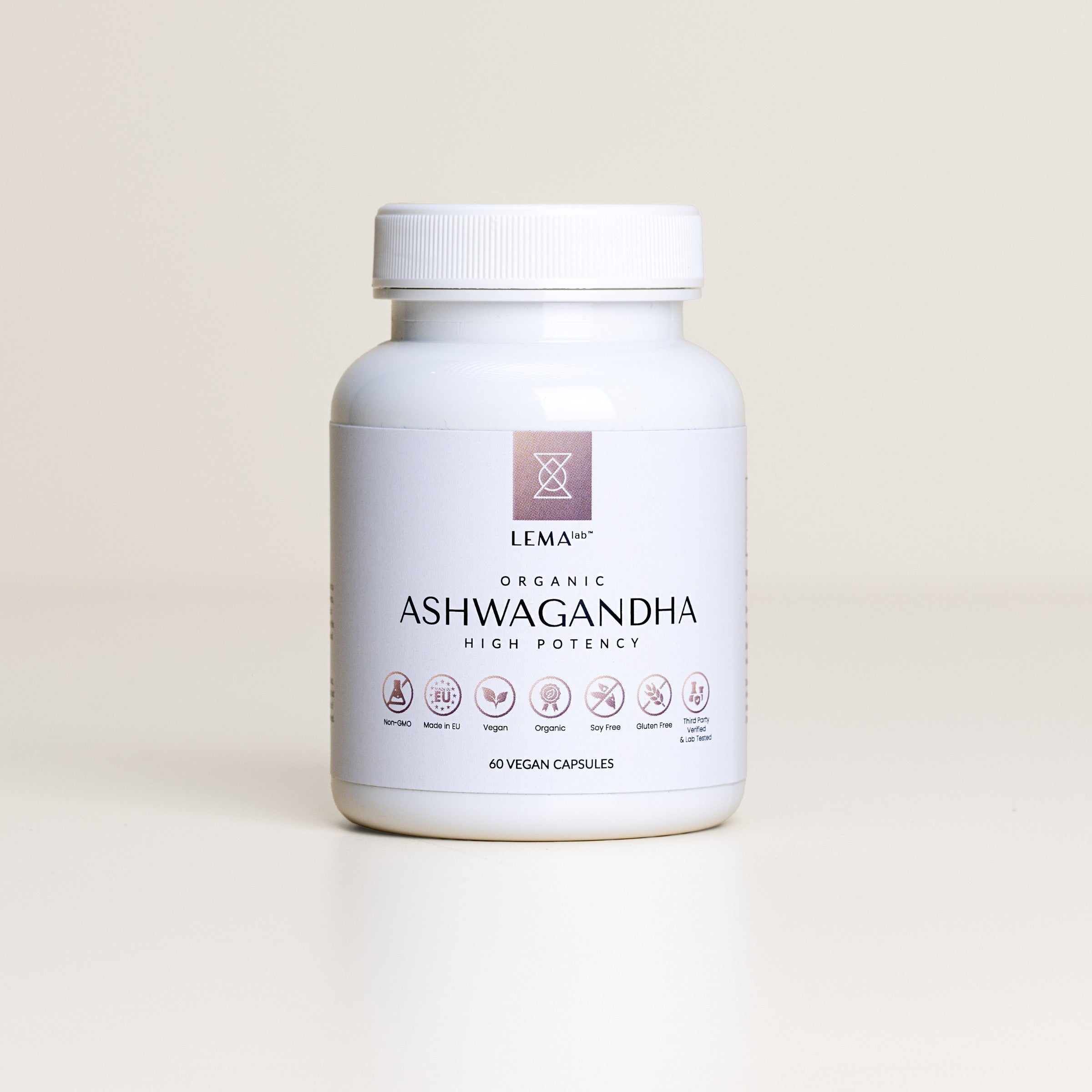
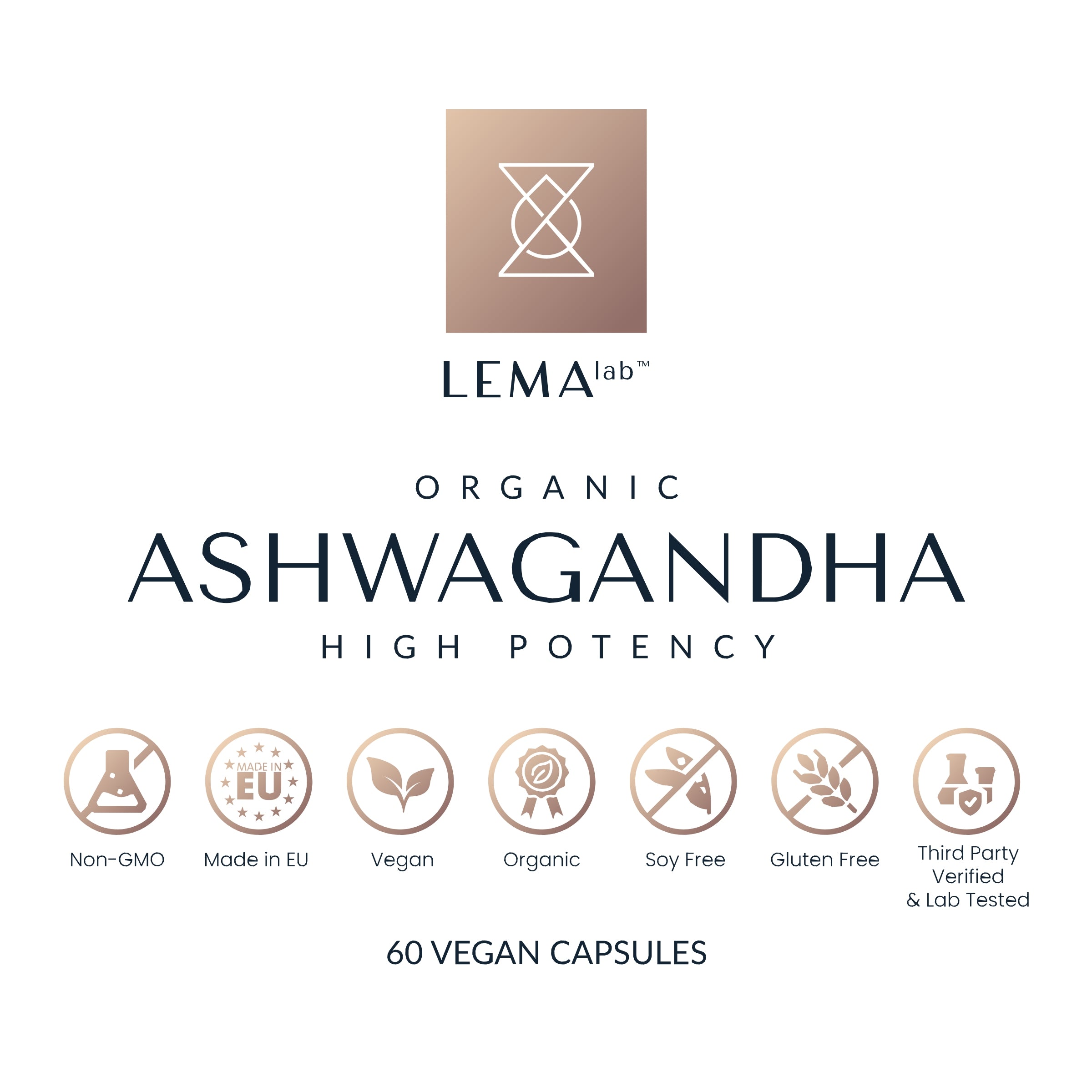
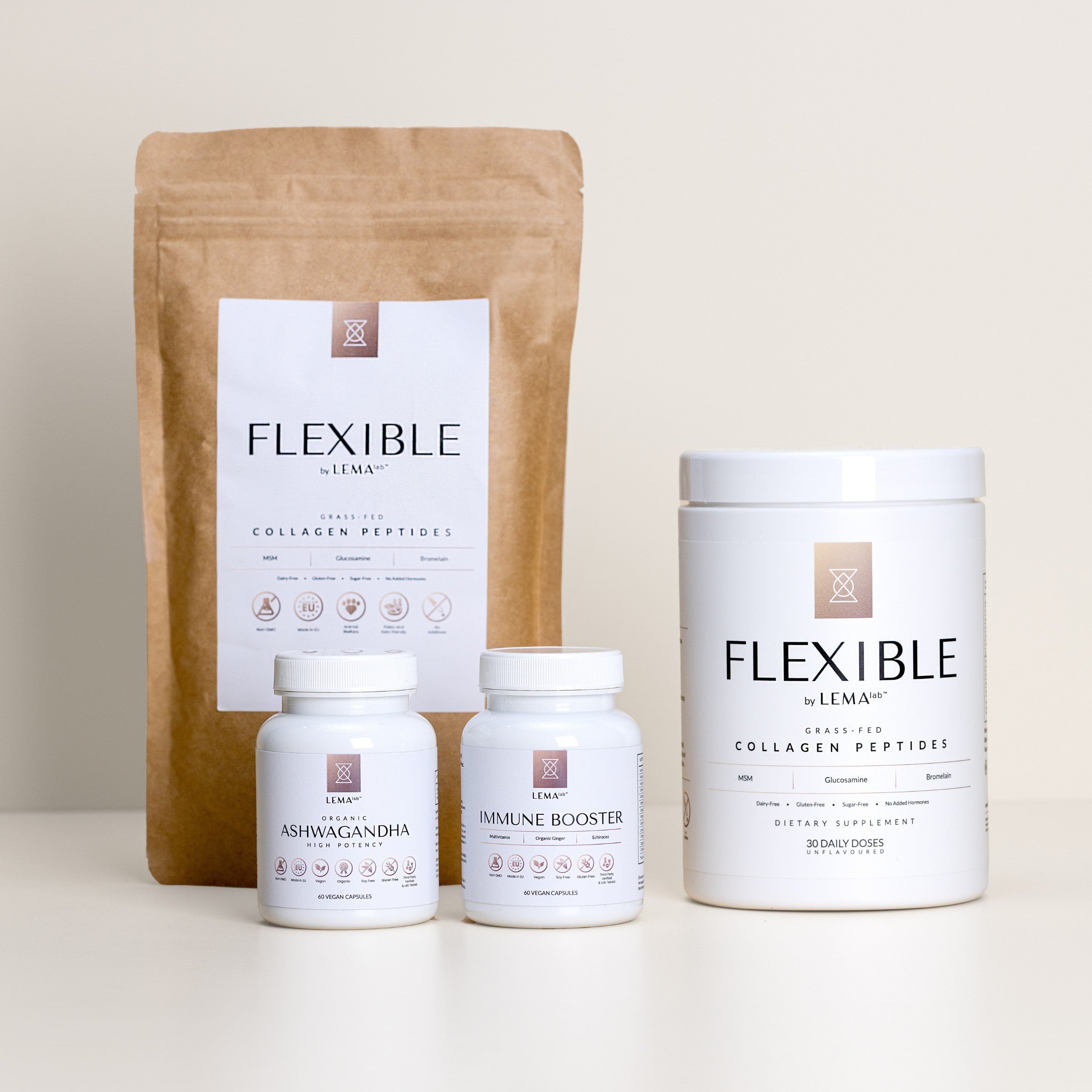

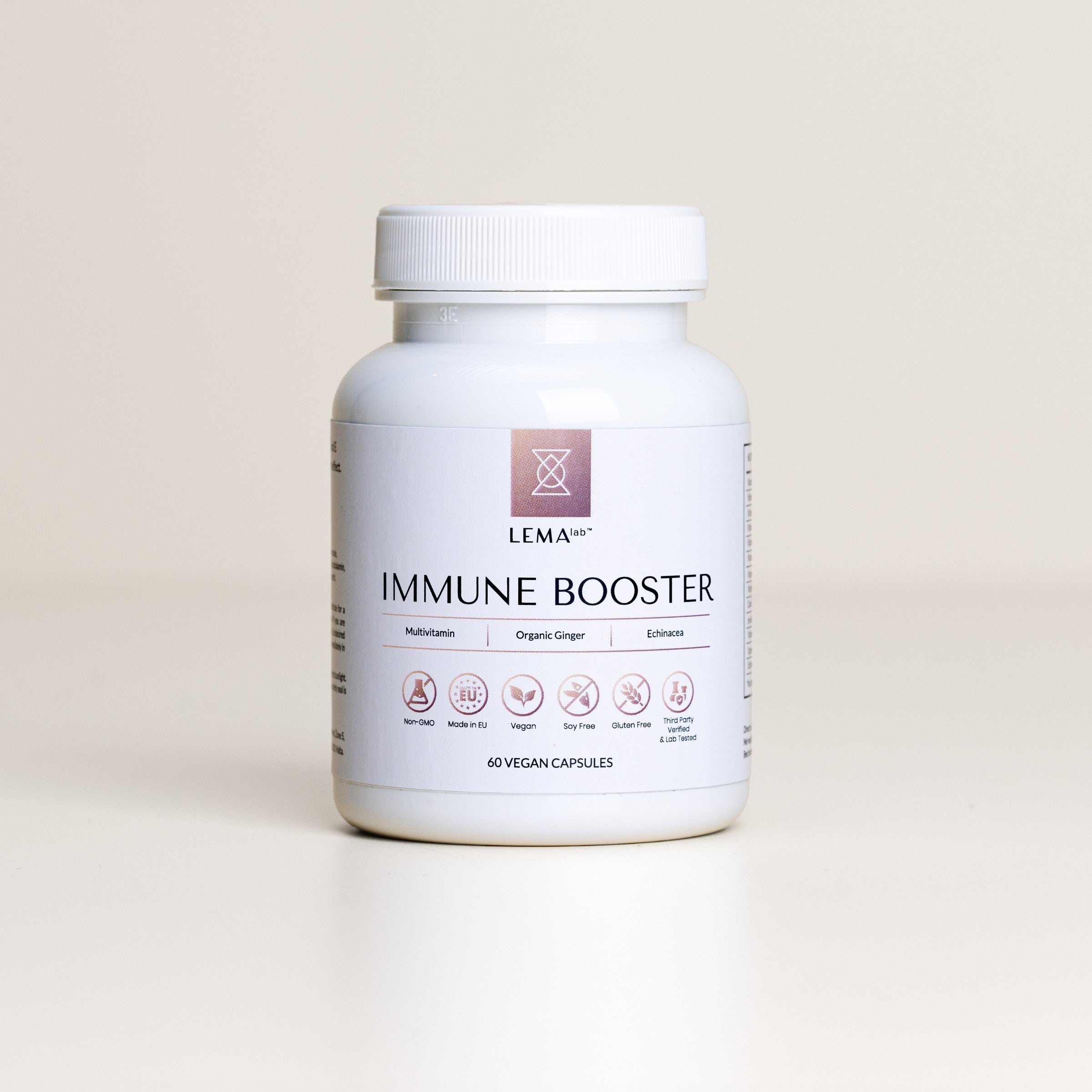
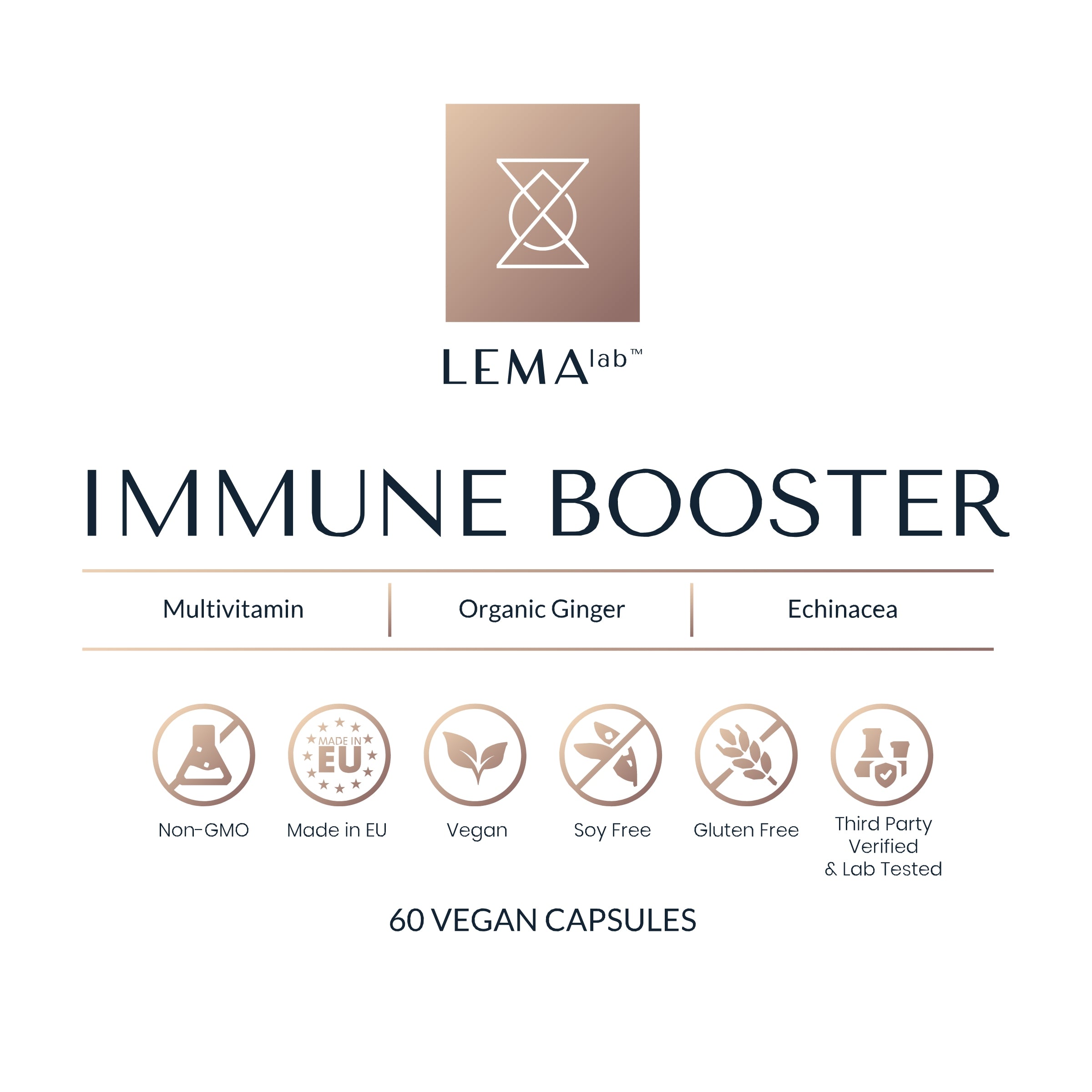
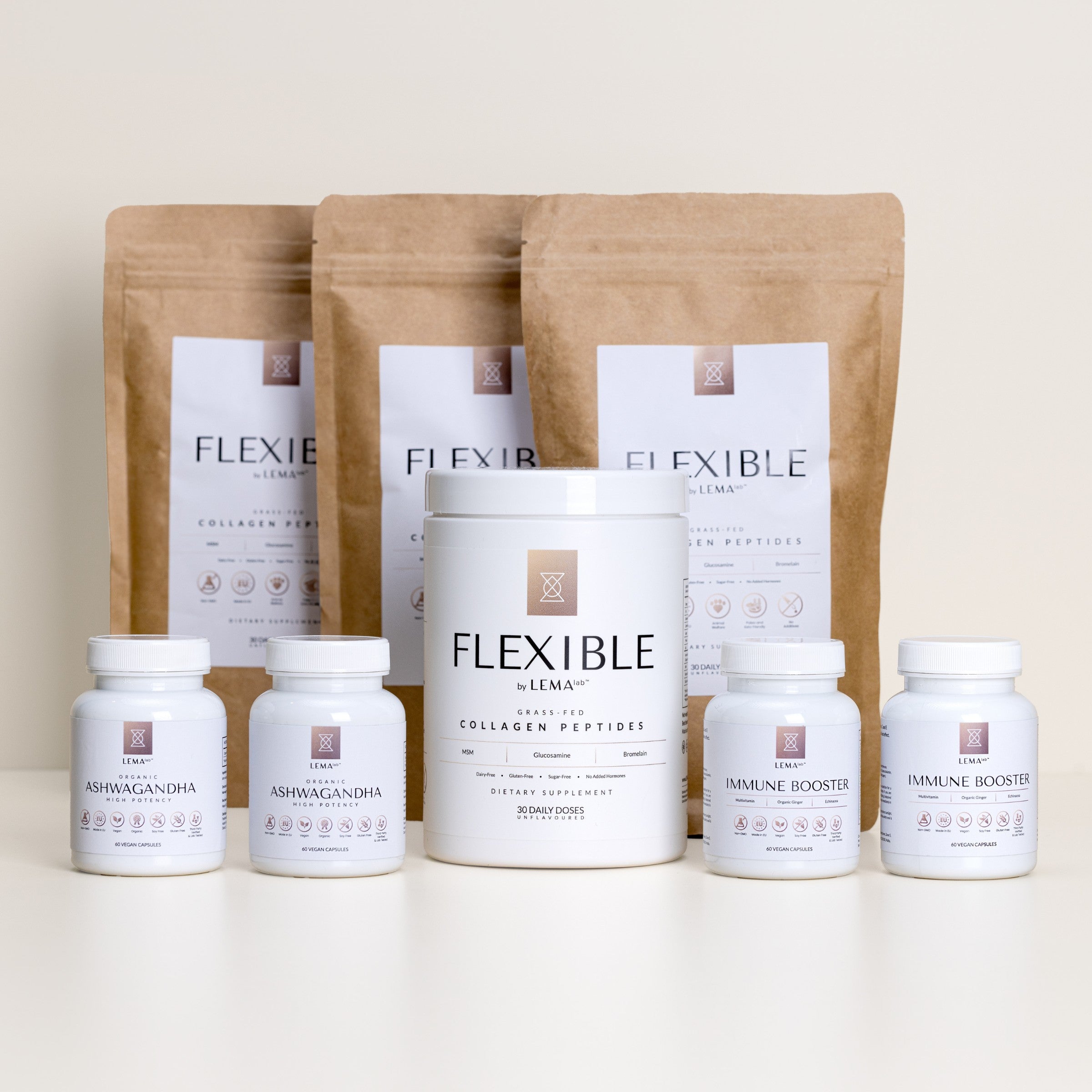
Leave a comment
This site is protected by hCaptcha and the hCaptcha Privacy Policy and Terms of Service apply.